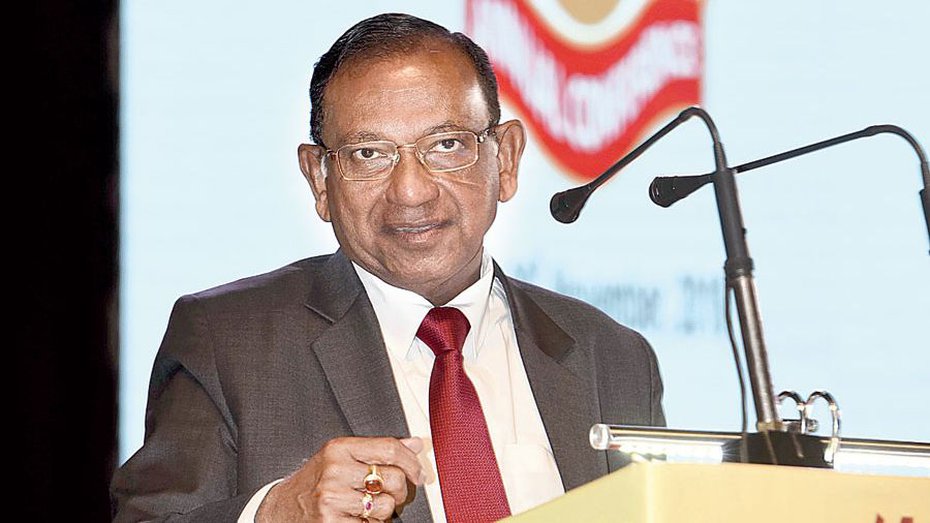The ICSE council on Tuesday asked all affiliated schools to start online teaching and learning during the lockdown.
The Council for Indian School Certificate Examinations (CISCE) wants schools to make sure that the time students are spending at home is utilised effectively, according to an advisory issued by it.
“In order to ensure continuity of students’ learning and effective teaching activities during the lockdown period, the council advises all its affiliated schools to make alternative arrangements, using modern and digital means of imparting education,” the advisory said.
All ICSE and ISC schools have been closed since March 16 after the state government asked educational institutions in Bengal to remain shut till March 31 to prevent the spread of the coronavirus. The closure was later extended till April 14.
The council has advised the schools to start online teaching and learning activities because most schools are yet to decide how to keep their students in touch with studies at home, a source at an ICSE school in Calcutta said.
Some guardians have allegedly been complaining to schools that in the absence of routine academic activities, students were treating the closure as a “long holiday” and this was also leaving parents, who have had to manage household chores while working from home, stressed.
A structured routine will keep children occupied at a time when they cannot go to school or even outdoors, psychologists said.
“School is an inherent part of their lives, not only for academics but for meeting friends, laughing together, talking to each other. Many of them do not have the maturity to understand why all this has stopped all of a sudden. Routine gives them parameters within which they can function and gives them a sense of security and comfort,” said psychologist Ruvena Sanyal.
Schools can give assignments, conduct online classes or distribute worksheets, a counsellor suggested.
“If there is a routine set by the school, students usually tend to take it more seriously. They follow it with discipline because it will translate into marks or grades,” Sanyal said.
Some school heads, however, pointed out that this time of the year is usually a transition period when the new session begins and there is not much academic pressure. “It is not right to keep giving assignments, they should be allowed some free time also. It is only after the first week of April that they get books and the new session starts,” a principal said.
The principal of a school said the objective behind the advisory was to ensure that students remain in touch with academics even when they are at home. “We welcome the move. But there are some difficulties in implementing it,” the principal said.
In some schools where report cards have already been handed over, preparations are on to start online classes from next week.
The schools need to create a separate portal and personal user IDs and passwords for every student.
“We don’t have this facility. It will be difficult for us to create the facility at this time,” said the principal.











